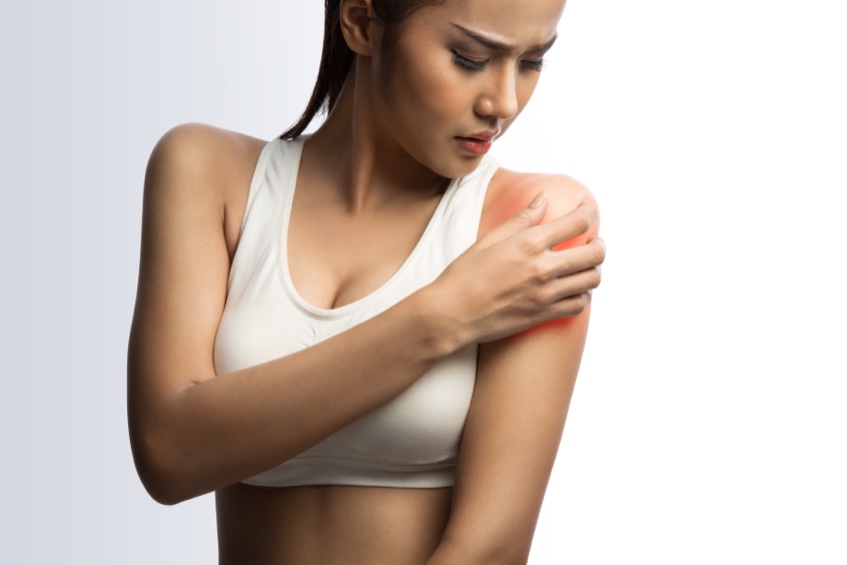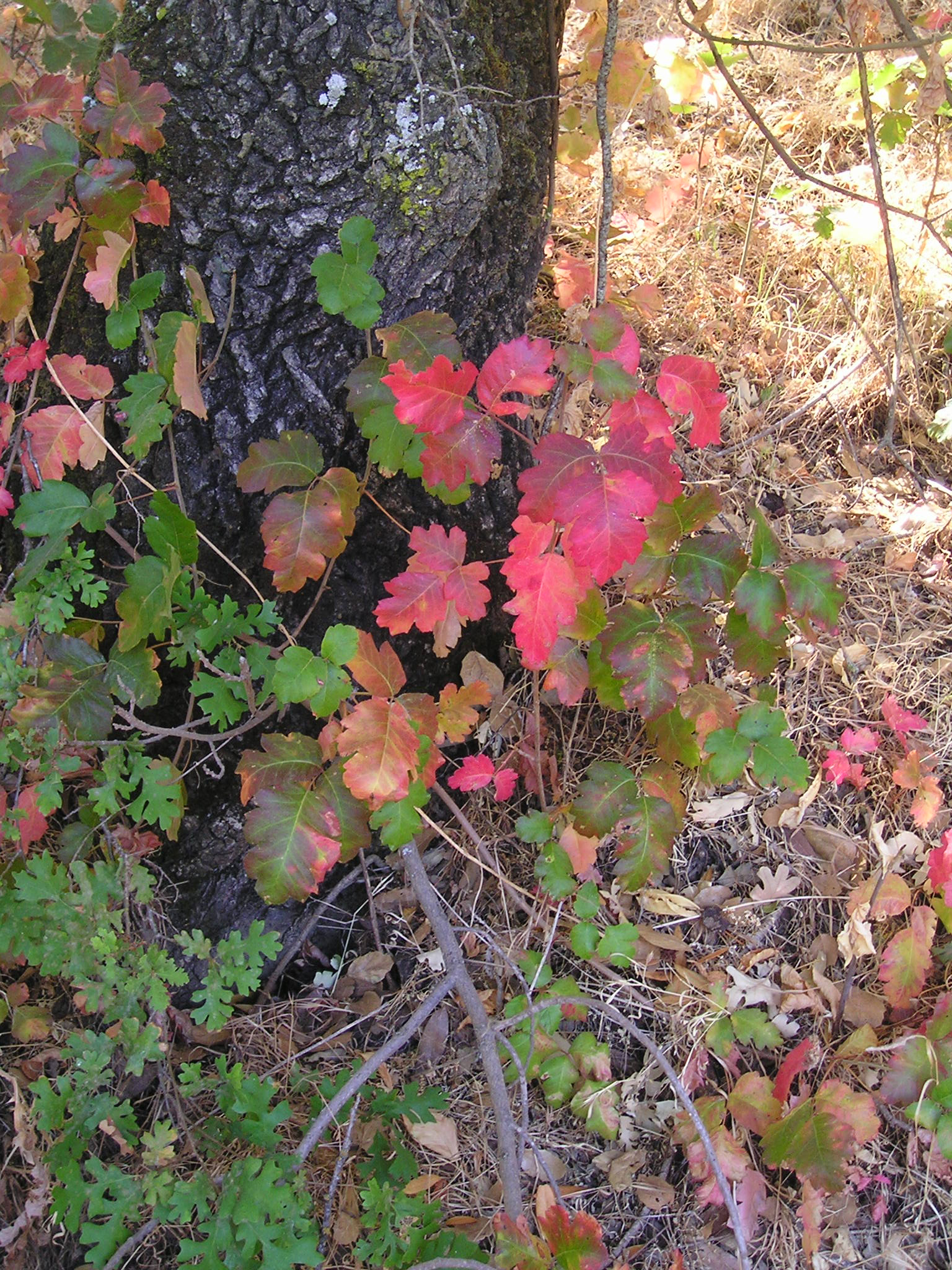
Support for Your Skin in Summer
 Summer is really and truly here! School’s out, graduations and promotions have finished, and summer trips, near and far, are already happening.
Summer is really and truly here! School’s out, graduations and promotions have finished, and summer trips, near and far, are already happening.
Add in outings to the pool, beach, tennis courts, golf course, and playing outdoor sports, and you’ve got a wonderful opportunity to spend time outside.
In addition to all the fun parts we’ve got other things that may occur that may not be so enjoyable. Those might include bug bites and stings, minor injuries or overexertion, poison plants, heat rash, and sunburn. Very often it’s our skin that’s affected by these unwelcome occurrences.
Did you know that your skin is your largest organ? It is! It’s made of water, protein, fats and minerals. Your skin protects your body from germs and regulates body temperature. The nerves in the skin help you feel sensations like hot and cold. We'll be looking at some tips to help you protect yourself and your skin during the summer.

What do you know about your skin?
Thanks to our friends at Cleveland Clinic, we know a lot. As we mentioned, your skin is your body's largest organ. It has three main layers - the epidermis, dermis, and hypodermis. It's there to protect you, however it's prone to many problems, including acne, wrinkles and rashes.
Interesting facts about our skin.
Your skin, along with your hair, nails, oil glands and sweat glands, is part of the integumentary system. You might be asking what that actually means. “Integumentary” pretty much explains what skin is - it means a body’s outer covering.
Now for some of those facts: One inch of your skin has approximately 19 million skin cells and 60,000 melanocytes (cells that make melanin or skin pigment). It also contains 1,000 nerve endings and 20 blood vessels.
Why does our skin need our help?
 Various conditions may affect the skin. As the body’s external protection system, your skin is at risk for various problems. These include:
Various conditions may affect the skin. As the body’s external protection system, your skin is at risk for various problems. These include:
• Blisters
• Bug bites and stings
• Skin infections
• Prickly heat or heat rash
• Wounds, burns (including sunburns) and scars
• Allergies like contact dermatitis and poison oak or ivy rashes
A few tips to help support your skin in hot weather include:
• Limiting your time in the sun. Remember, you also need to be careful on cloudy days.
• Using (and reapplying) sunscreen
• Staying hydrated
• Learning to identify plants such as poison oak, ivy, and sumac
• Wearing a wide-brimmed hat, sunglasses, long sleeves, and pants when possible
• Keeping relief products with you while you're out and about

Why do some of these conditions tend to be more prevalent in the summer?
Summer tends to find us spending more time outdoors. Many of us love to play tennis, pickleball, and golf. Others like to hike, camp, river raft, spend time in the desert or the woods, jog, run, or a personal favorite for many might include hanging out at the pool or beach, near your home or perhaps in an exotic location.
What else likes to come out in warmer weather?
 Mosquitos and other bugs and insects. And while bug bites generally do not damage your skin, scratching them to the point of scabbing can. Bees are usually more active in the spring however they keep themselves busy during the summer months, too, so you'll want to do your best to avoid getting stung. Mosquito bite and bee sting reactions vary from person to person. You may want to keep some West German Homeopathic Formulations by Dynamic Nutritional Associates (DNA Labs) in your car, backpack, or travel kit in case you need them. These include D-78 Septosting for stings and bites and/or D-77 Allerchinacia for allergic reaction to insect bites.
Mosquitos and other bugs and insects. And while bug bites generally do not damage your skin, scratching them to the point of scabbing can. Bees are usually more active in the spring however they keep themselves busy during the summer months, too, so you'll want to do your best to avoid getting stung. Mosquito bite and bee sting reactions vary from person to person. You may want to keep some West German Homeopathic Formulations by Dynamic Nutritional Associates (DNA Labs) in your car, backpack, or travel kit in case you need them. These include D-78 Septosting for stings and bites and/or D-77 Allerchinacia for allergic reaction to insect bites.
Pretty plants that are potentially poisonous!
As we mentioned above, learning to identify poison oak and ivy is a great idea if you're planning to hike, camp, spend time in the woods or forest, or just hang out in unfamiliar areas. Unless you know that you're not sensitive to it, you may experience a rash that is caused by an allergic reaction to an oily resin called urushiol. This oily resin is in the leaves, stems and roots of poison ivy, poison oak and poison sumac. Washing your skin right away if you come into contact with this oil may reduce your chances of getting a rash. If you develop a rash, it can be very itchy and last for weeks. Adding some support products to your kit is always a great idea. Two more products from Dynamic Nutritional Associates (DNA Labs) that we carry are D-79 Poisoak West German Homeopathic Formula for an allergy to poison oak or ivy and, once again, D-77 Allerchinacia West German Homeopathic Formula to support an allergic reaction to poison oak.
While you're out having fun....
 You may experience some bumps and bruises along the way. Falls resulting in minor strains and sprains, sore achy joints, and minor bruises or even temporary pain and swelling due to overexertion or minor injury are common occurrences. Take along some Traumagen Cream, a homeopathic topical cream for muscle pain, soreness and swelling by Dynamic Nutritional Associates (DNA Labs). This customer-favorite was designed to help relieve temporary pain from minor injuries or overexertion.
You may experience some bumps and bruises along the way. Falls resulting in minor strains and sprains, sore achy joints, and minor bruises or even temporary pain and swelling due to overexertion or minor injury are common occurrences. Take along some Traumagen Cream, a homeopathic topical cream for muscle pain, soreness and swelling by Dynamic Nutritional Associates (DNA Labs). This customer-favorite was designed to help relieve temporary pain from minor injuries or overexertion.The takeaway? Enjoy the summer and all it has to offer
Have fun AND take good care of yourself and your skin.A short checklist of products by Dynamic Nutritional Associates (DNA Labs) that you may want to have on hand to support your skin this summer:
- D-77 Allerchinacia West German Homeopathic Formula
- D-78 Septosting West German Homeopathic Formula
- D-79 Poisoak West German Homeopathic Formula
- Traumagen Cream Homeopathic Topical Cream
- D-10 CLIMACTIN West German Homeopathic Formula
- D-105 DERMATEX West German Homeopathic Formula
Feel better the natural way...with Naturally Botanicals.
And remember, our professional-grade products get to you with quick & excellent customer service and free shipping. _______________________________________________________________________________________________
_______________________________________________________________________________________________
Note: The content of this article, and additional content on this website, are for informational purposes only and are not intended to be a substitute for professional medical advice, diagnosis, or treatment. Always seek the advice of a physician or other qualified health provider with any questions you may have regarding a medical condition. Never disregard professional medical advice or delay in seeking help because of something you read here on this website.



